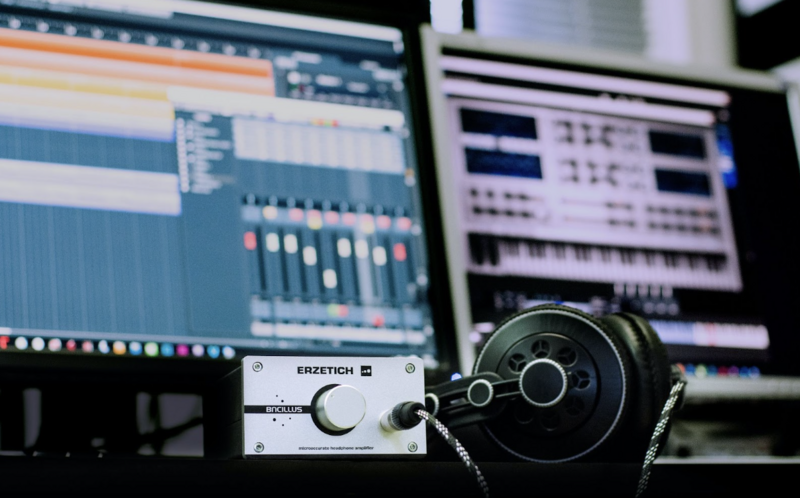If you’ve ever wanted to hear Iron Maiden sing Taylor Swift’s “Shake it off,” you may soon be in luck.
Driving the news: Google is in talks with Universal Music and Warner Brothers to license artists' voices and music for a tool that would allow fans to use AI to create songs.
Why it’s happening: Fans are already using well-known artists' voices to create AI-generated music without permission—and without anyone in the music industry making money.
-
A song that featured cloned voices of Drake and The Weeknd got ~15 million views across platforms in less than 48 hours.
- While some artists are understandably a little unhappy with their voices being used without their permission, others (like Grimes and Holly Herndon) have begun monetizing AI-generated versions of their songs.
Why it matters: Licensing deals with artists would legitimize an AI-generated music market. With the tools and permissions to synthetically produce music with popular artists’ voices, fan-generated songs could quickly become a monetizable product similar to user-generated content on YouTube or TikTok.
Yes, but: The rise of streaming has already left most artists worse off, and there’s a reasonable worry that a boom in AI-generated music could exacerbate that dynamic.
-
The record labels have said that artists who don’t want their voices available for AI cloning could opt out of any deal.
- But remember the laws of supply and demand: If the supply of music explodes thanks to AI-generated tunes, we should expect its price—and therefore the typical artist’s earnings—to fall.
Bottom line: Like most developments in the space, it’s too soon to accurately predict how AI will change the music industry, but this is an early sign that it’s going to have an impact.—LA
